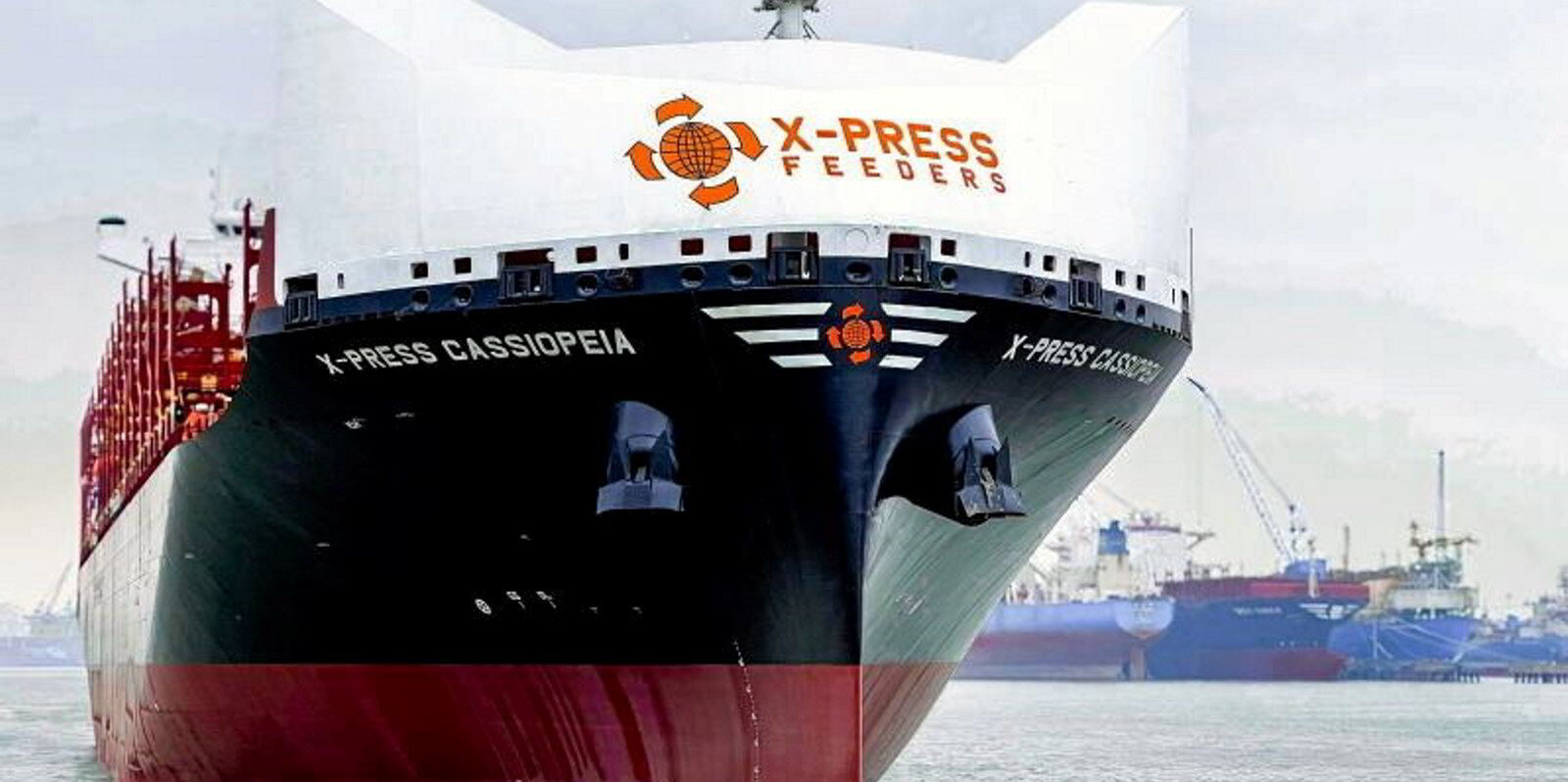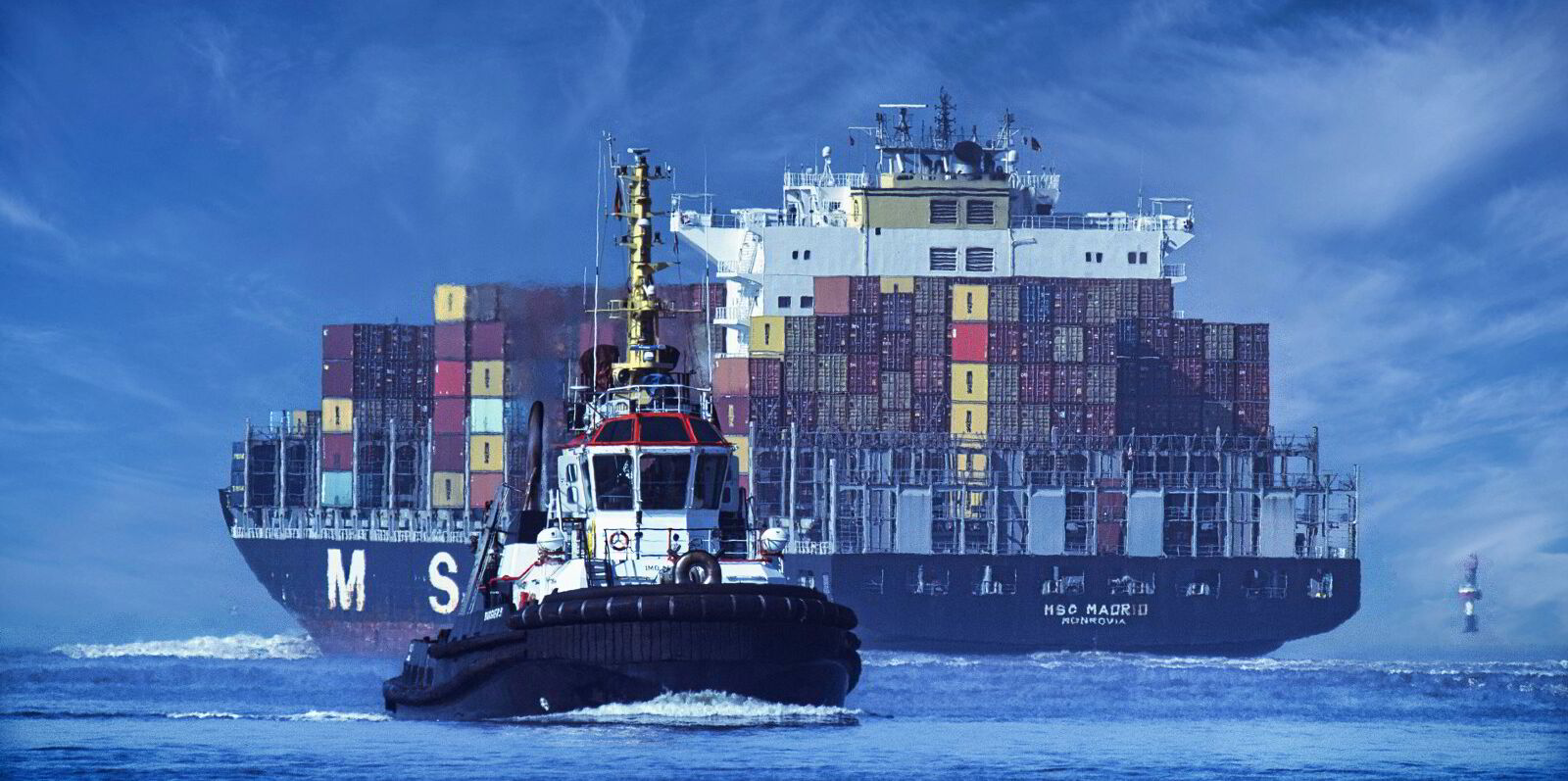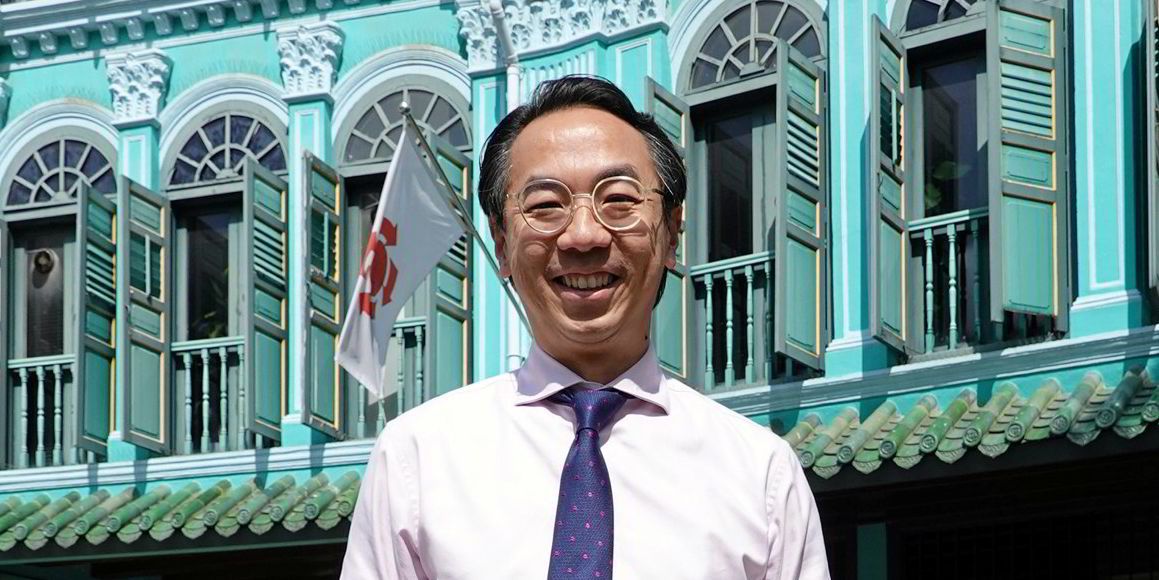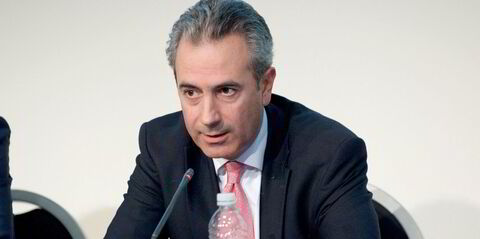Singapore’s X-Press Feeders has added a series of 11,000-teu boxship newbuildings to its growing fleet.
The liner operator confirmed to TradeWinds that it has ordered six methanol-ready vessels at Shanghai Waigaoqiao Shipbuilding as part of a fleet renewal strategy to deploy the right tonnage to its core trades.
“Deployment details will be made known nearer to delivery dates,” it said.
The company did not disclose the price of the scrubber-fitted sextet, but brokers suggested that they would cost close to $130m each.
They are scheduled for delivery between the third quarter of 2027 and the fourth quarter of 2028.
The neo-panamaxes will be the largest vessels contracted by X-Press or its shipowning arm, Sea Consortium.
The biggest it has operated previously are a series of 12 ships of 7,000 teu ordered in 2021.
X-Press has actively ordered over the past three years.
VesselsValue shows that the company has ordered 34 newbuildings in China, including the latest 11,000-teu ships at SWS, and has taken delivery of 20.
Its orderbook includes two 1,170-teu feeder boxships at New Dayang Shipbuilding for delivery this year, along with six 1,250-teu newbuildings at CSSC Huangpu Wenchong Shipbuilding set for delivery in 2025 and 2026. All are methanol dual-fuel.
Alphaliner ranks X-Press Feeders as the 13th-largest container company with an operating fleet of 98 vessels, of which 49 are owned.
It is one of the early movers of methanol as fuel. The company has six methanol dual-fuel vessels — the 1,264-teu Eco Umande, Eco Marin, Eco Maestro, Eco Levant, Eco Ponente and Eco Zephyr (all built 2024) — trading in the Baltic.
In April, X-Press Feeders signed a green corridors agreement with six ports in northern Europe to develop the first European feeder services using container vessels powered by green methanol.
It is collaborating with the ports of Antwerp-Bruges, Tallinn, Helsinki, HaminaKotka, Riga and Klaipeda to develop infrastructure for the provision and bunkering of alternative fuels, including green methanol.
They will also develop green methanol supply chains and train port workers and seafarers in handling alternative fuels.





